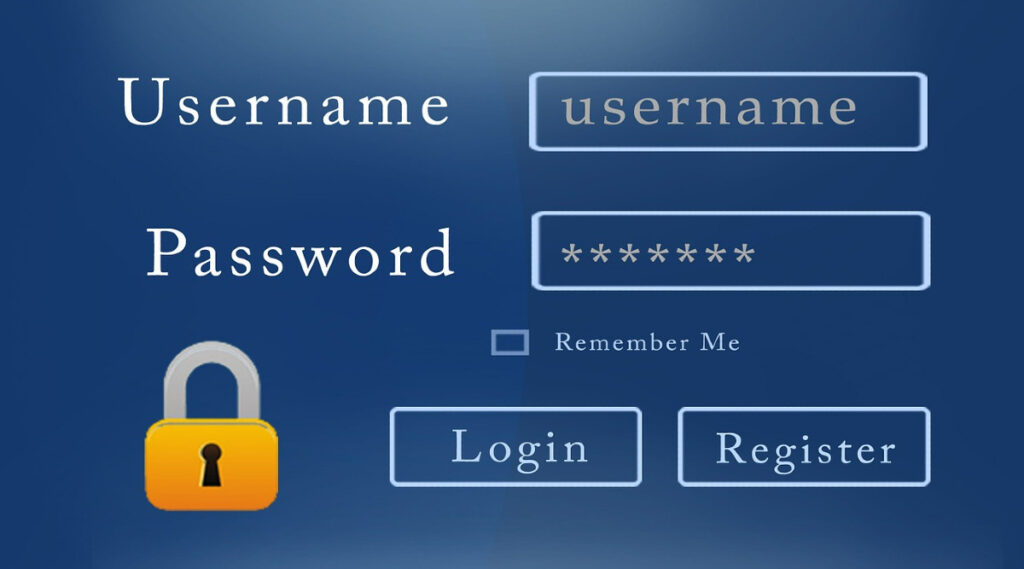In an era dominated by digital interactions, the battle against hacking has become increasingly complex and sophisticated. As our lives become more intertwined with the digital realm, the importance of safeguarding sensitive information has never been greater. In this landscape, password managers emerge as indispensable tools, acting as the vanguards in the defense against malicious actors seeking unauthorized access to personal and professional accounts. The fundamental flaw in many individuals’ approach to passwords lies in the human tendency to opt for convenience over security. Reusing passwords across multiple platforms or crafting easily guessable combinations are common practices that expose users to significant risks. Password managers address these vulnerabilities by offering a centralized, secure repository for all login credentials. By generating and storing complex, unique passwords for each account, these tools thwart attempts at unauthorized access, reducing the likelihood of successful hacking endeavors.

One of the key strengths of password managers is their ability to generate robust, intricate passwords that defy the predictability of human-created counterparts. Human-generated passwords often suffer from inherent weaknesses, such as the incorporation of easily guessable information like birthdays, names, or common words. Password managers, on the other hand, employ advanced algorithms to create strings of characters that are both lengthy and random, significantly bolstering the security of online accounts. This complexity makes brute-force attacks, wherein hackers systematically attempt every possible combination, an impractical and time-consuming endeavor. Moreover, password managers contribute to the overall enhancement of cybersecurity hygiene by promoting the use of unique passwords for each account. The interconnected nature of our online lives means that a breach in one platform can have cascading effects on others if the same password is reused. By automating the process of generating and storing distinct passwords for every login, password managers break the chain of vulnerability that arises from password reuse, confounding cybercriminals and safeguarding users’ digital identities.
Beyond the mere generation of complex passwords, password managers excel in their capacity to securely store and manage this wealth of information. The encryption protocols employed by these tools ensure that the stored data remains unintelligible to any unauthorized entity attempting to access it. This robust encryption acts as a formidable barrier against potential breaches, providing users with peace of mind regarding the confidentiality of their sensitive information. In addition to enhancing security, mac password manager streamline the login process, offering a user-friendly and efficient solution to the challenge of managing numerous credentials. The convenience of having a single, secure repository eliminates the need for individuals to remember multiple passwords, reducing the temptation to resort to insecure practices such as writing passwords down or using easily memorable combinations. Password managers emerge as essential allies in the ongoing battle against hacking. Their ability to generate, store, and manage complex and unique passwords fundamentally transforms the security landscape for individuals and organizations alike. As the digital realm continues to evolve, embracing these tools becomes not only a proactive measure but a necessary step in fortifying our defenses against the ever-present threats of cybercrime and unauthorized access.
